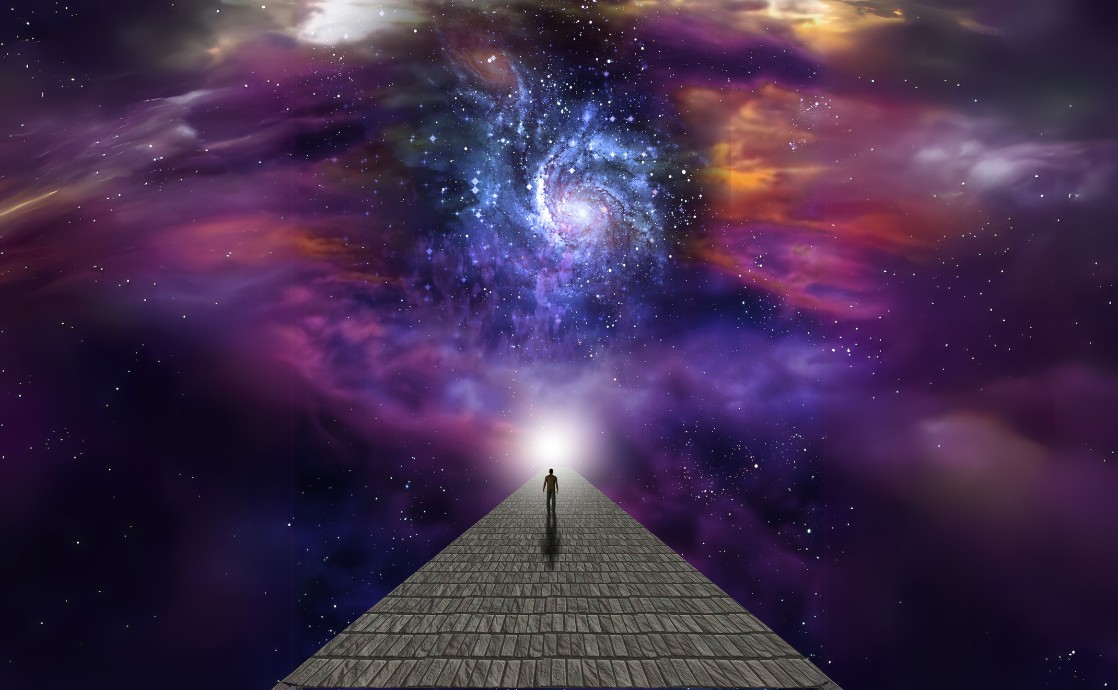The exploration of the concepts of flesh, spirit, and faith within the Bahá’í teachings presents a profound tapestry of metaphysical inquiry and spiritual reflection. These themes intricately interweave to offer a holistic understanding of resurrection not merely as a posthumous phenomenon but as an ongoing journey throughout one’s temporal existence. How does one reconcile the earthy materiality of flesh with the ethereal realm of spirit, particularly in the context of faith and resurrection? This inquiry poses an engaging conundrum for both the seeker of truth and the philosopher alike.
At the heart of Bahá’í doctrine lies the assertion that the human essence transcends physicality. The flesh, while a vessel of experience within the material world, is characterized by its transitory nature. It reflects what is immediate and corporeal, yet it also serves a crucial role in the soul’s evolution. The Bahá’í writings elaborate upon the notion that the body and spirit are two distinct yet interrelated dimensions of human existence. The body, comprised of elemental and perishable materials, is essential for earthly experiences, but it is the spirit that breathes life into the corporeal form and endows it with purpose.
Simultaneously, the exploration of faith emerges as an indispensable pillar in understanding this relationship. Faith, as posited in Bahá’í teachings, is not merely blind belief but an active and dynamic engagement with truth. The reconciliation of flesh and spirit hinges upon a corresponding elevation of one’s faith. It functions as the conduit through which the spiritual strives to transcend the limitations imposed by the material body. In this setting, resurrection manifests not as an endpoint but as a transformative process deeply rooted in one’s faith journey.
Bahá’u’lláh, the founder of the Bahá’í Faith, articulates that resurrection entails the ‘raising up’ of the individual spirit toward a more exalted station. This notion is pivotal in understanding how Bahá’ís perceive life after death. It is pivotal to ask: Does resurrection signify a literal reanimation of the physical body, or does it signify a metaphysical awakening of the spirit to realms of existence that transcend human comprehension? The answer lies in examining various teachings that elaborate upon the concept of resurrection both in the corporeal sense and as a state of spiritual development.
In the Bahá’í framework, resurrection primarily signifies the soul’s transition from one reality to another, culminating in the continuation of spiritual growth. When an individual passes away, the bodily frame is discarded, while the soul undergoes its metamorphosis. This transition evidences that the essence of the individual persists beyond mortal existence. Such a perspective aligns with metaphysical teachings found in several religious traditions, yet it is nuanced by the Bahá’í emphasis on the interconnectedness of all humanity and the universal quest for truth.
Moreover, the Bahá’í view holds that resurrection can occur within an individual’s lifetime. Through acts of moral and spiritual self-advancement, one can experience a form of ‘inner resurrection.’ This transformative journey necessitates the cultivation of virtues, the pursuit of knowledge, and the practice of selfless service to humanity. Engaging in this metaphysical awakening challenges each individual to confront the inherent duality of flesh and spirit. In a practical sense, how does one navigate the often chaotic ties binding them to their physical desires while seeking the sublime freedoms associated with spiritual awakening?
To transcend the limitations of flesh, Bahá’í teachings underscore the imperative of aligning thoughts and actions with the principles of unity, justice, and love. This alignment not only fosters personal development but contributes to collective progress. Hence, the process of resurrection is inextricably linked to the individual’s capacity to imbibe these principles deeply into their daily lives. In an age punctuated by divisions and materialistic pursuits, this journey toward spiritual elevation through faith becomes a clarion call for all seekers.
The articulation of these teachings invites contemplation about the challenges and obligations that accompany the Bahá’í view of resurrection. A discerning question arises: What implications does one’s understanding of resurrection have on how they live their life? If one subscribes to the view that spiritual awakening is a lifelong process culminating beyond this physical realm, they may feel bolstered in their commitments to service and personal development. Conversely, a fixation solely on the material may engender apathy toward personal and social responsibilities.
Ultimately, the Bahá’í teaching on flesh, spirit, and faith serves as a reminder of the human potential for transformation. The interrelationship between these elements creates a framework where resurrection is not confined to a singular event but is experienced through continuous spiritual renewal. Each individual bears the ability to rise above the mundane and embrace a pathway illuminated by divine guidance. In navigating the complexities of existence, these teachings offer both a challenge and an invitation: to continuously seek, to embody virtues, and to contribute to the collective ascendance of humanity.
In summation, the Bahá’í perspective on resurrection weaves together the metaphysical with the experiential, urging individuals to explore the synergies between flesh, spirit, and faith. Through this lens, life transforms into a pilgrimage—a sacred journey marked by growth, understanding, and contributions to the world. The essence of resurrection orbits around this quest for truth, entreating every soul to engage earnestly with its spiritual calling and to rise, always, toward divine themes of love and unity.
